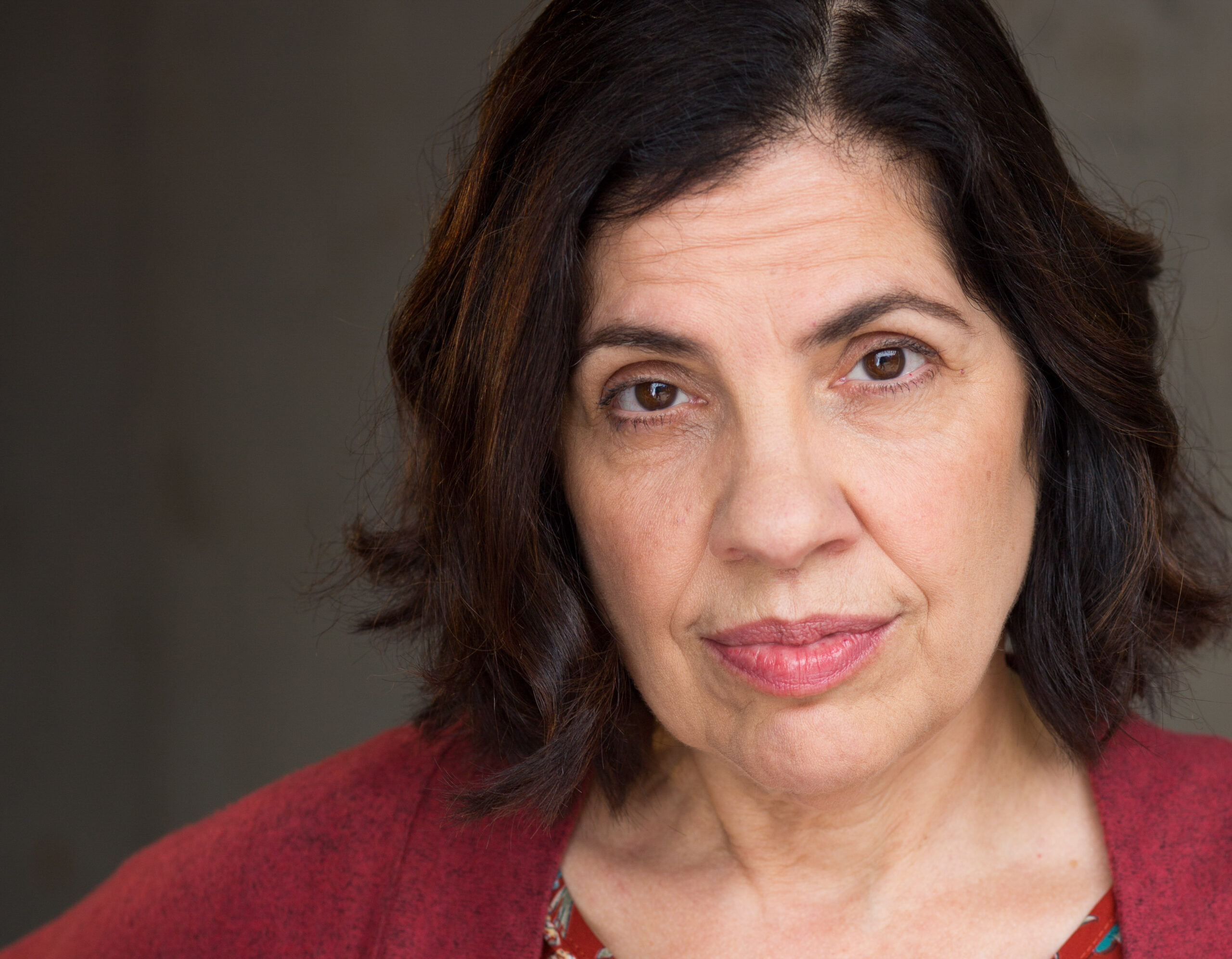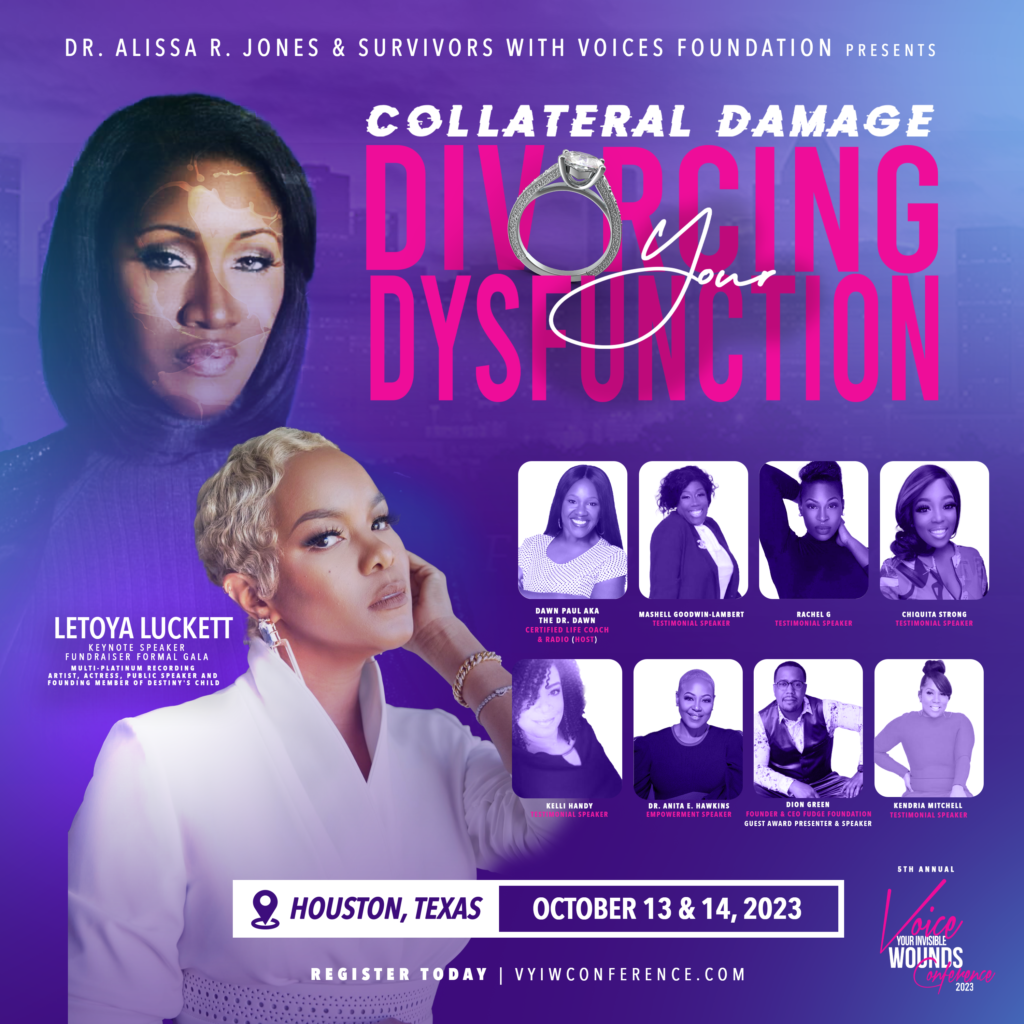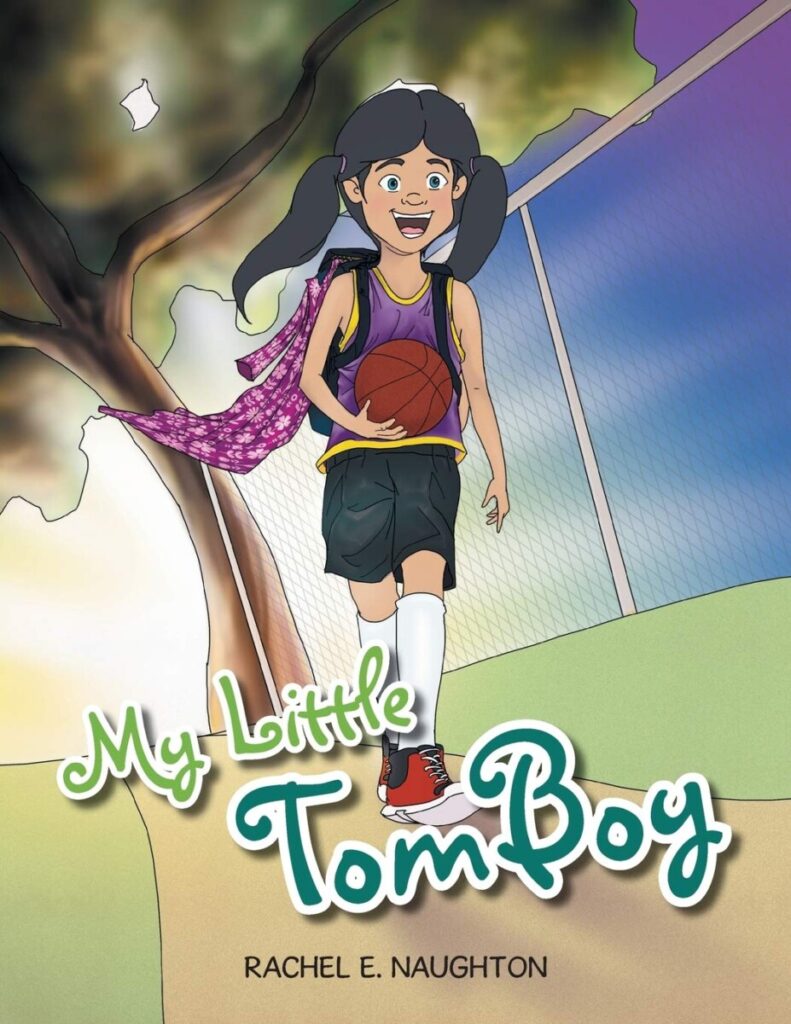If you’ve seen Cobra Kai, then you know this actress power house Rose Bianco. Born and raised in Chicago, she made her acting debut at the Victory Gardens Theatre, and went to DePaul University as a Speech and Drama major, and has acting credits on top shows such as “Being Mary Jane”, Bad Dad Rehab”, “New Amsterdam”, and “Project Power”. She is a trailblazer for actresses, writers, and mentors, and makes it a point to give back to the next generation.
It’s no secret that there is a disparity in Hollywood. In 2019, 44.1 percent of lead actors in movies were female, and although that’s up two percent from two years ago, there is still a long way to go. The gap is even larger in director and producer roles; only 18% of directors are women. In 2020, 67% of films hired 0 to 4 women for director, writer, and cinematographer roles. We caught up with her to get her insight on how she started acting, how she prepares herself to take on the identity of a character, and what’s next for her.
Was acting something you always aspired to do?
I didn’t realize that acting was my calling until I was … 17 so, pretty young I guess. I went to a small all girl’s Catholic school in Chicago; we would do one production per year. I did three plays, South Pacific, Mame, Hello, Dolly. I played Mrs. Malloy and Norma Montanez played Dolly, and we briefly discussed going into show business when we graduated, but that seemed like a pretty unlikely thing to do. I enjoyed performing in these shows but couldn’t put my finger on why this particular thing was so particularly exhilarating. Then my friend Adly Pozas talked me into going to a theatre games class with her in the spring of my senior year. At this class, pretending to be an elephant, or a giraffe, there was a Eureka! moment- this is what I want to do. It was clear as day. I had already enrolled at DePaul on scholarship as a pre-law major, and I went in and changed my major immediately to Speech and Drama and began volunteering at a local theatre.
How do you prepare yourself to take on the identity of a character?
Usually, it starts with the audition process. During this initial phase, I am given the script, or a portion of the script, which I read carefully to try and get the tone (dark, dramedy, kitchen-sink, upbeat, funny, sitcom-y, etc.) Knowing the tone of the show helps to understand what the purpose of the character is from the writer’s point of view. So, I first get an overall picture. Then I begin to study the character’s lines and how she reacts to the other characters she is in the scene with — what is the relationship, and then what is my character trying to accomplish in a scene. This is not a very long process but is necessary. Then I just start learning my lines, with this overall motivation, moment to moment changes that are either pre-determined or discovered while practicing (with my husband, who is a saint in this respect). Then I sleep on it, and the next day I’ve gotten a deeper understanding. What I do in my audition is usually the basis of the character and once on set, it develops in rehearsals and shooting because I have to react in real time to what my co-stars are saying and doing.
Do you feel the acting industry allows more space for lead roles for
Latina women? Have you ever had to face a role you felt was stereotypical?
I think that nowadays, as opposed to forty years ago when I was starting out, there definitely is more opportunity for Latina women. I am seeing it myself, reading for age appropriate characters that don’t have to be any particular ethnicity, and I’ve actually booked a couple of roles that were wide open like that and it is an accomplishment. Many of my roles unfortunately are stereotypical. But I look at them like individuals, and I’ve played more than a couple of maids, but since my mom did at one time do some maid work, I’ve felt that these are complete three dimensional characters and there is no problem in playing it. When I first started Being Mary Jane several years ago, the creator Mara sat down and talked to me about my role as Vilma, Mary Jane’s housekeeper. She knew that it could be viewed as a stereotypical and demeaning role. She wanted to give me a backstory – how she feels, herself, about having a housekeeper privy to her personal secret habits and she really wanted to feature Vilma’s perspective on Mary Jane’s disorganized life. It was astonishing – to be given this private audience with Mara Brock Akil when I was just starting back up in my career in middle age, and also, it made me adore Mara for her wonderfulness. (Sorry to be making up words but I can’t even explain how amazing it was.)
Anyway, I am trying to move past maids and Spanish grandmas because I’ve created a couple of iconic characters in these roles; my role as Miguel’s grandmother in Cobra Kai is kind of a pinnacle of this trope currently, and I thank God every day that I got this opportunity. It makes me so happy to see words of admiration from people in Mexico, Chile, Columbia, Argentina, etc. – I can tell that they feel “seen” just by the existence of the Diaz family. But, I am glad to be having a variety of things to read for, including specifically Latina characters who get to have a well-rounded life. Shout out to my agents, manager, and diversity-minded production all across the country!
What new films/shows can we expect to see you in this year?
As of this writing, I am in episode 3 of Wanda vision, on Disney+ – it is a brief but funny role and I am thrilled to be in it! (That show’s diversity in casting is fantastic.) I also have a great part in a Chris Pratt film called The Tomorrow War which will be coming out this year. Red Notice is a Netflix feature I worked on in 2020 that may be coming out this year. I was so happy to have gotten the chance to work during the pandemic.
What adversity have you had to overcome in the industry?
My mom used to tell me that I should not tell people I am Puerto Rican; because my (disappeared) father was Italian she said I should tell people I am Italian. Because it will go easier for me. She was a full-on Latina single mother in the 60s and 70s and had so many weird jobs, from waitress, cashier, motel housekeeper, to finally a community canvasser in our district in Chicago. I don’t know how she got that job- she had a 6th grade education (through no fault of her own; my grandmother became bedridden and she was the oldest so at the age of 12 had to take care of the house and many siblings) but she was extremely smart. I guess she was a consummate survivor and my two sisters and I inherited that. Of course, I had no intention of not telling people I was Latina, and I had the Chicago Rican accent to prove it. That got ironed out a bit in acting school though.
In acting school, I had a student director, Bill Celentano, who wanted to cast me as Marie in Come Back Little Sheba. Ted, the owner of the school, argued with him against this casting (my friend Steve, also a student but had an office next to Ted’s because he did p/t accounting for the school, passed this tidbit on to me). Bill won out, and this was my first role that was not specifically a Latina girlfriend, maid or prostitute I had. The opportunities for breadth of casting were extremely few.
I was propositioned by a producer at an Ambassador Hotel room in Chicago (luckily, he let me leave when I told him I didn’t think sleeping with him would prove I was a good actress; he gave me cab fare).
I don’t know what adversity I had to go up against. To be honest, I was a bit of an oblivious person. I could surmise that because I was a woman and a Hispanic person (which is how I was always perceived), there were just way fewer opportunities. In the 80s I was in New York and made virtually no headway in the 4 years I was there. I did get a shot at playing a maid in All My Children but the agent who sent me (my friend’s agent who, I guess, literally had no Spanish people on his roster) did not sign me. I was very busy surviving and trying to be seen by NY casting directors and agents; a harrowing effort no matter what. By the time I got an agent and got a role as a clinic receptionist in a syndicated show called The Street (starring Michael Beach!) I was on my way to Los Angeles for my new husband’s new job, and pregnant with my first child.
Who is someone you’d really like to work with in the future?
I would love to work with the very amazing, fantastical Mexican directors Alfonso Cuaron and Alejandro Inarritu. Their work is so captivating and imaginative. They do surreal sequences but grounded in reality. Their movies are always thought provoking, and grand in scope.
It would be amazing to be able to work in a decent exchange with some of my favorite actors who are so skilled and captivating – Leonardo DiCaprio, Viola Johnson, Kristen Stewart, Hugh Grant. It would probably make me a little nervous but I think I could become immersed in their reality. One thing I’ve learned while having the privilege to have worked with major actors, is that great actors are great because they are present, charismatic, and giving. I met Jamie Foxx on the set of Project Power and he is electrifying – it would be a dream to get to act with him. My scenes with the likes of Angela Bassett (in a scene cut from Black Panther), Matt Damon, Chris Pratt, and Rodrigo Santoro, gave me a taste of what it is like to be acting in a scene with a consummate actor.
Candace Green is a Birmingham, Alabama transplant by way of Washington DC. She enjoys reading, writing, cooking and eating amazing food, and Marvel movies. She is an author and blogger. You can follow her on IG: c_dog93.
Follow Us On Social Media!




